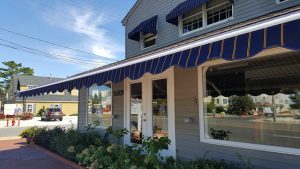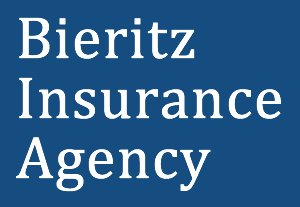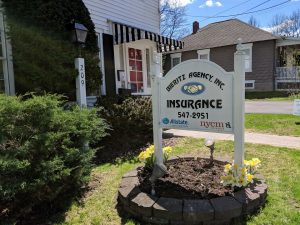Commercial Property Insurance
 Commercial Property insurance protects commercial property from perils such as fire, theft and natural disaster. Essentially, commercial property insurance provides the same kind of protection as property insurance for individuals. However, businesses can usually deduct the cost of commercial property insurance premiums as expenses.
Commercial Property insurance protects commercial property from perils such as fire, theft and natural disaster. Essentially, commercial property insurance provides the same kind of protection as property insurance for individuals. However, businesses can usually deduct the cost of commercial property insurance premiums as expenses.
If you are in the market for a property insurance policy it’s good to know the fundamentals so you can make informed comparisons from one insurance carrier to another. It is also important to understand some of the used terms and definitions. A few are listed below:
- Act of God: A natural occurance, such as an earthquake.
- Actual Cash Value: The replacement cost of property less the accumulated depreciation for age and wear.
- Contract of Indemnity: Property insurance that restores the insured to his original financial condition after suffering a loss.
- Increased Cost of Construction: Covers the additional cost of rebuilding a damaged or destroyed building where local laws require rebuilding with more expensive materials or methods.
- Malicious Mischief: The intentional damage or destruction of another person’s property. Coverage for malicious mischief typically is combined with vandalism coverage.
- Named (or Specific) Peril: Provides protection against specified events such as vandalism, windstorm, fire or sprinkler leakage. The policy only covers those events named in the policy and is usually cheaper because it provides less coverage.
- Physical Hazard: The material, structural or operational features of property. Building construction, electrical wiring and the heating or cooling system are physical hazards.
- Property: Anything that has value. It can be classified as real property or personal property.
- Real Property: Real property is land and the permanent things on it such as buildings, outdoor fixtures, machinery and equipment.
- Personal Property: Personal property is all other property that’s not classified as real property and can be easily moved.
- Replacement Cost: Refers to the amount it takes to replace damaged or destroyed property with new property.
- Salvage: Property that is damaged beyond repair and is taken over by an insurance company (after that claim has been paid) in order to reduce its loss by “salvaging” the remaining value of the property.
- Special Cause of Loss: Means that the losses not covered are those that are specifically excluded in the policy.
- Territorial Rating: A method of classifying risks by geographic location to set a fair price for coverage.
- Valued Policy: Also referred to as agreed amount which means the specific amount that will be paid in the event of a complete loss.

